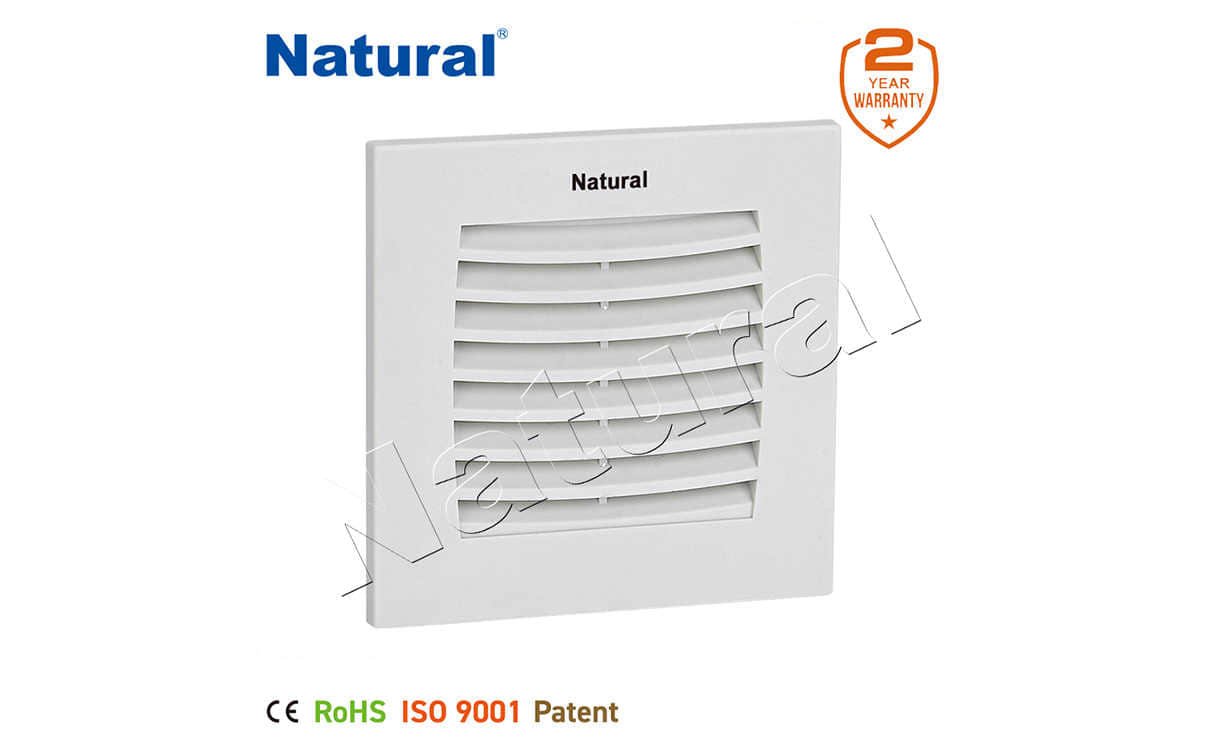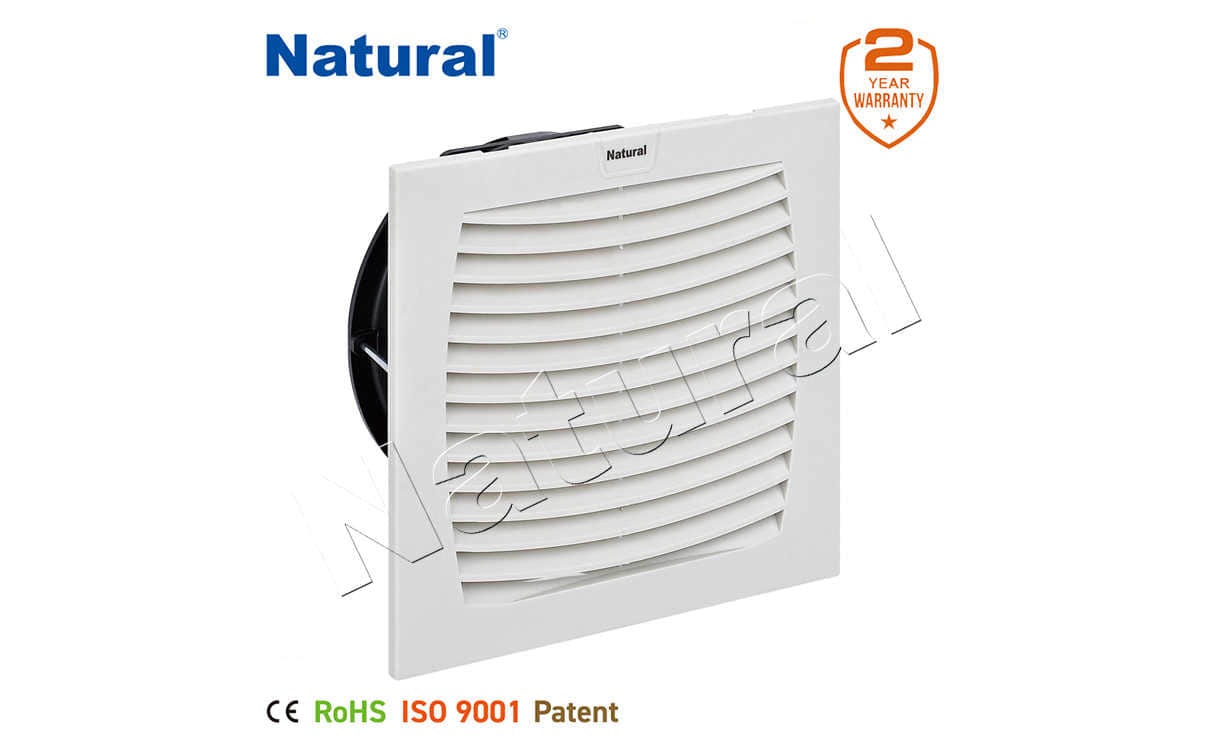 28 items Patent
28 items Patent
 28 items Patent
28 items Patent
 28 items Patent
28 items Patent

In today’s world, ensuring the quality of indoor air is a crucial aspect of maintaining a healthy and productive environment. One of the key components in achieving this is the use of air filters in ventilation systems. These filters play a pivotal role in trapping dust, pollutants, and allergens, creating cleaner, fresher air for inhabitants. Among the different types of air filters available, those with an IP54 rating offer both reliability and durability, making them ideal for a variety of environments. In particular, natural ventilation systems equipped with IP54-rated air filters are gaining attention due to their ability to combine efficient filtration with energy-saving benefits. In this article, we’ll explore the importance of these air filters and why their natural functionality is becoming more vital in modern ventilation systems.

Understanding the IP54 Rating
Before delving into the benefits of natural ventilation air filters, it’s essential to understand the significance of the IP54 rating. IP, which stands for "Ingress Protection," is a system used to classify the level of protection provided by enclosures against external elements like dust and water. The first digit in the IP54 rating (5) indicates that the filter is protected against dust, ensuring that no harmful particulate matter can penetrate and affect the filter’s functionality. The second digit (4) shows that the filter can withstand water splashes from any direction, making it suitable for environments where moisture or humidity may be present.
